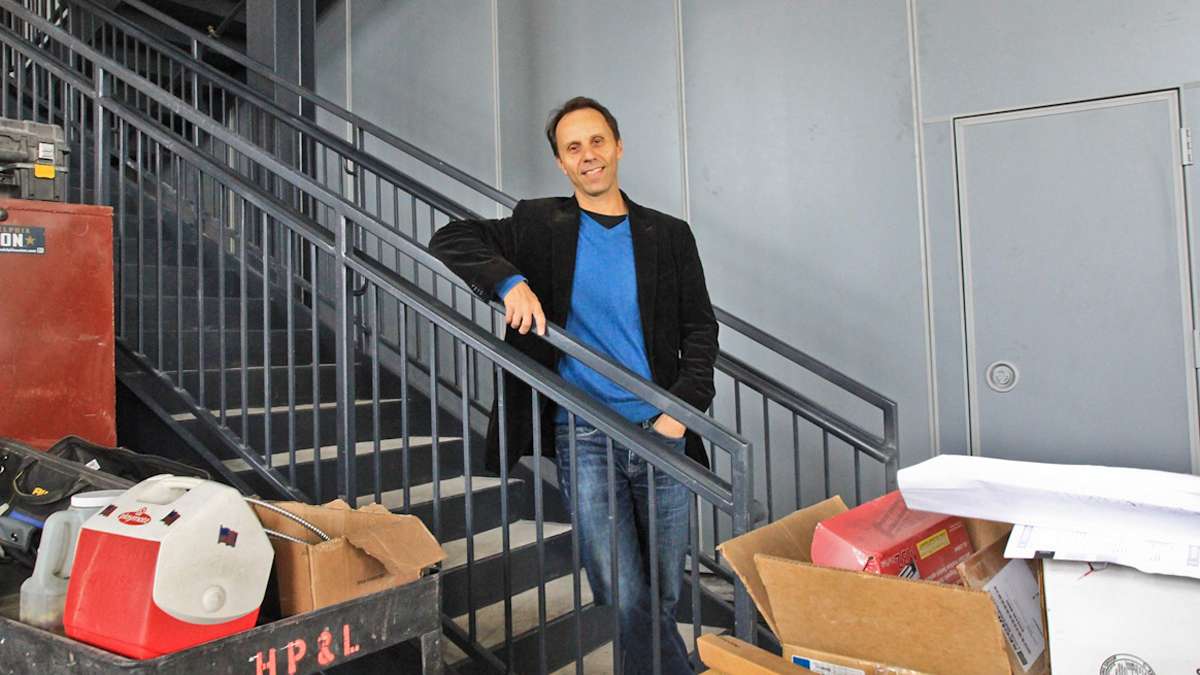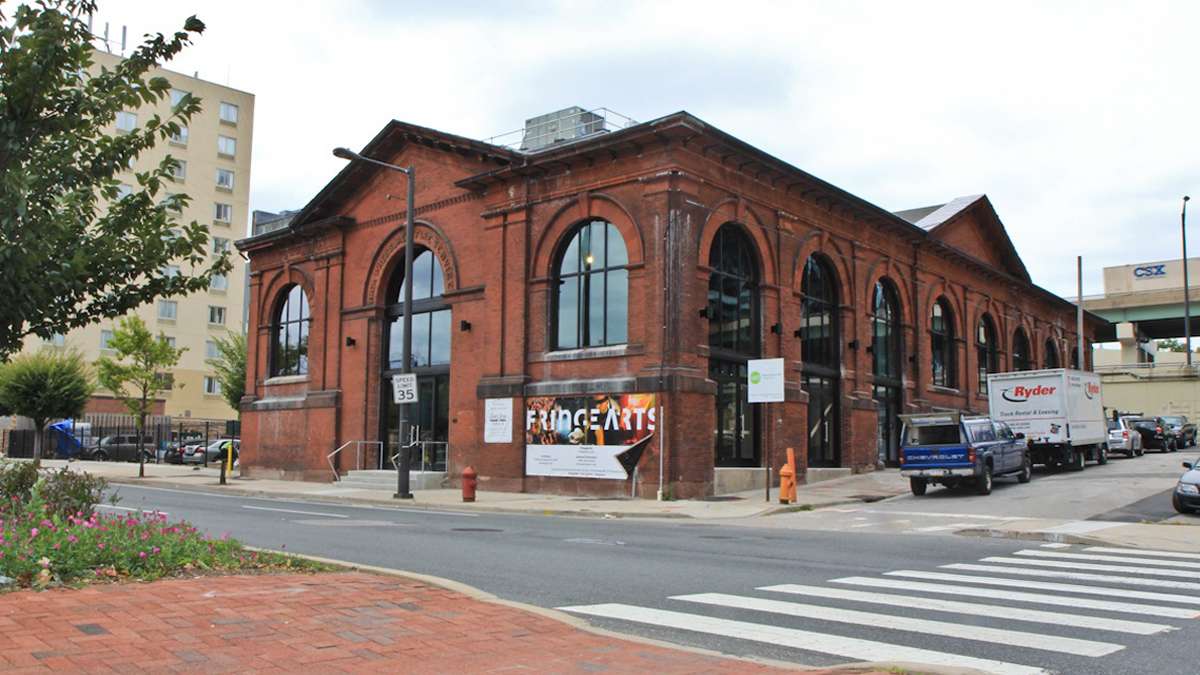Side effect of Obamacare: Allowing Medicaid coverage for ex-offenders in N.J.
Drug-policy reformers in New Jersey say the federal health law is finally accomplishing what they’ve been trying to have done for years. The Affordable Care Act is knocking down barriers to Medicaid for some ex-offenders in the Garden State.
Right now, New Jersey’s Work First general assistance program bars benefits to people with certain drug convictions. Because Medicaid and Work First eligibility are linked in New Jersey, the general assistance rules also block former prisoners from Medicaid benefits.
Starting Jan. 1, Medicaid and New Jersey’s general assistance program will be unhitched under Obamacare.
“One of the best ways to get people stabilized and on the road to recovery and re-entry is having health insurance, it was really a disaster that people couldn’t get this health insurance,” said Roseanne Scotti, state director of the Drug Policy Alliance. “When you have some individuals falling through the cracks, and not getting the help they need, it actually ends up hurting the entire community.”
A caseworker at the Project Hope health clinic in Camden said he sees two or three ex-offenders a week who are boxed out of coverage.
“When they are released from prison they are typically given a two-week supply of medications and maybe a referral to mental health counseling if it’s needed,” said James Comstock. “They are left to fend for themselves without the support of Medicaid.”
When ex-offenders make their way to the Project Hope clinic, Comstock said the health center can usually cobble together resources to help pay for basic care, but linking ex-offenders with specialists is harder.
“Unless they pay out of pocket, that’s going to stop them from returning to work,” Comstock said.
Scotti called New Jersey’s Work First-Medicaid rule a “counterproductive and inhumane” policy.
“People with other types of offenses could get access, but for some completely irrational reason elected officials — not just in New Jersey, but around the country — have often chosen to bar people who have addictions, and therefore have drug offenses on their record, from all sorts of public benefits,” Scotti said.
WHYY is your source for fact-based, in-depth journalism and information. As a nonprofit organization, we rely on financial support from readers like you. Please give today.





